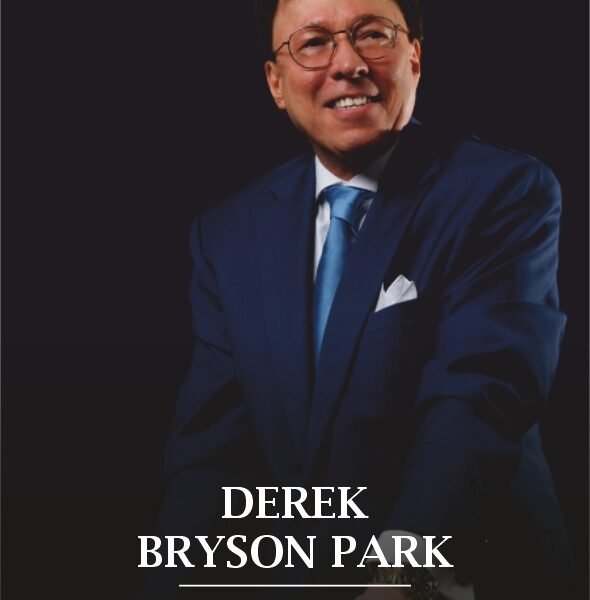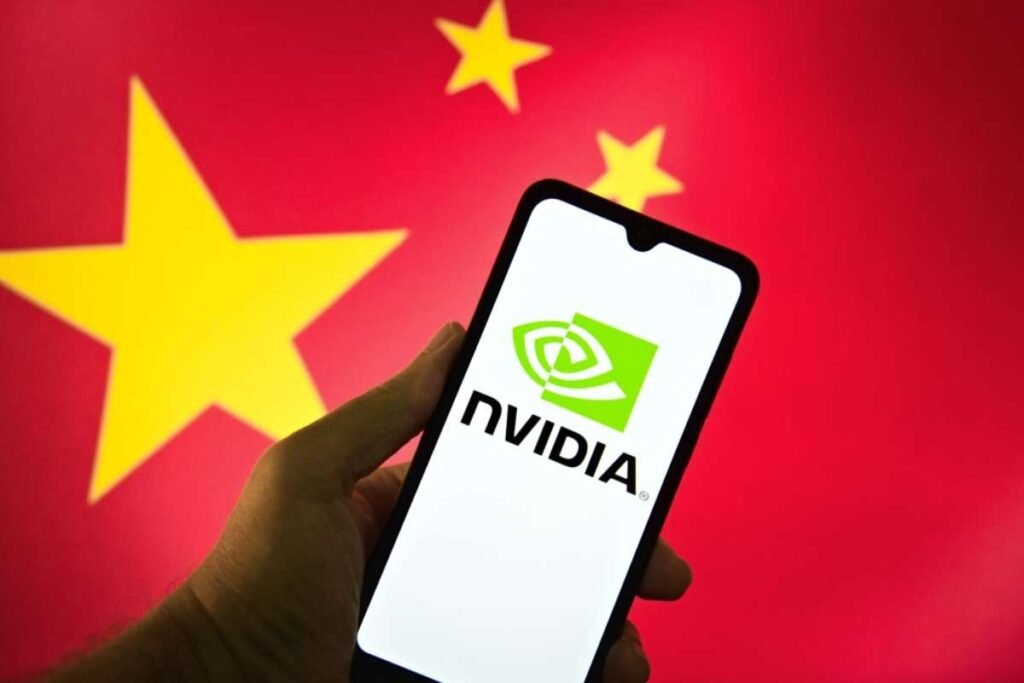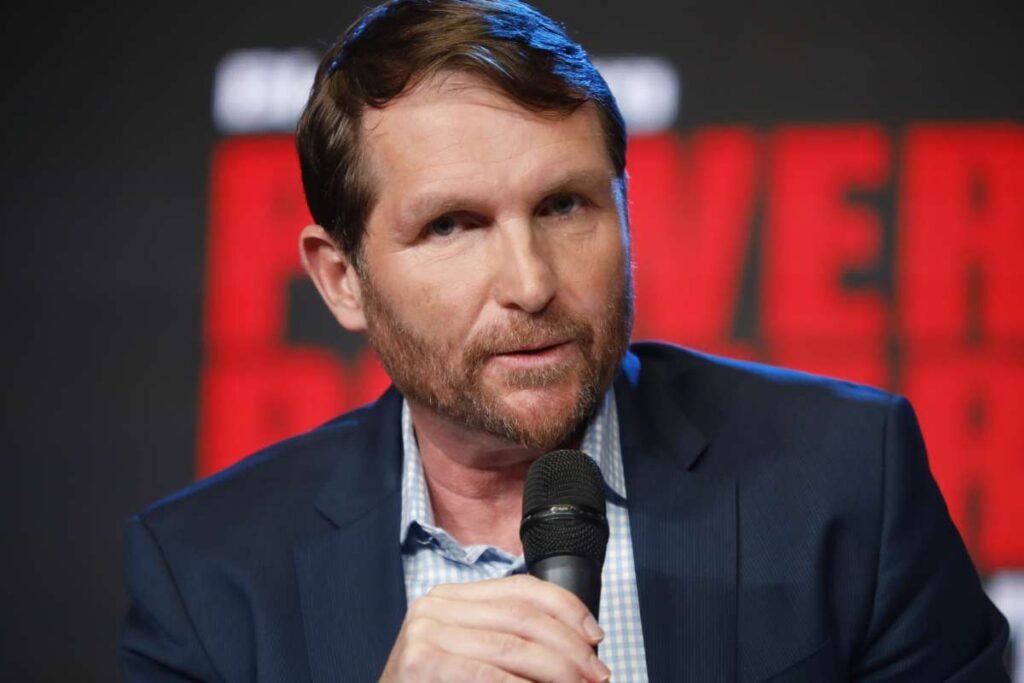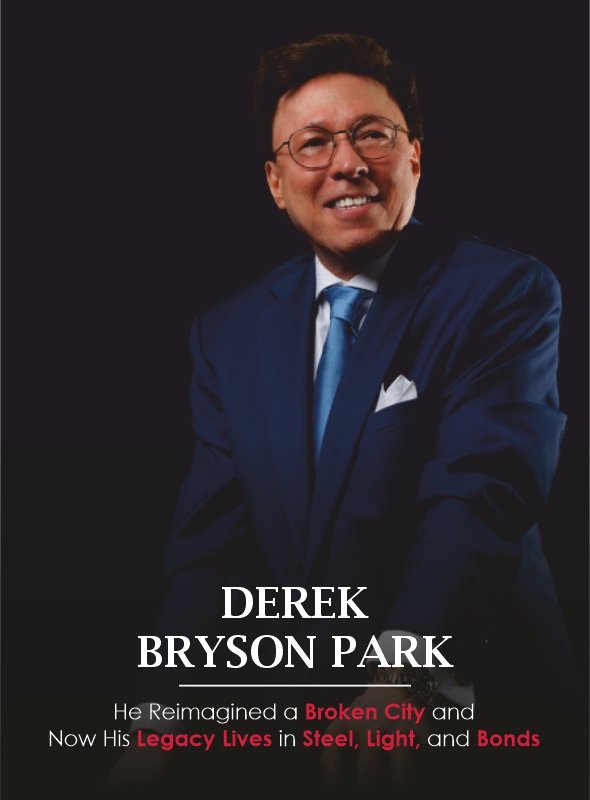Legal Battle Intensifies
In a recent legal twist, former President Donald Trump faced a setback as his attempt to delay sentencing in the hush money case was denied. On Monday, Trump filed a lawsuit against Manhattan District Attorney Alvin Bragg and Judge Juan Merchan, challenging the denial of his claim to presidential immunity. This case stems from Trump’s conviction in May for falsifying business records related to a hush money payment made to adult film actress Stormy Daniels during the 2016 presidential campaign. Trump’s legal team sought to halt the upcoming sentencing, arguing that Judge Merchan overstepped his jurisdiction by rejecting Trump’s immunity claim and ordering him to appear for sentencing on January 10, either in person or virtually.
Court’s Ruling and Arguments
Judge Merchan, however, dismissed Trump’s request, stating that the arguments presented were repetitive and not legally applicable to the hush money case. Merchant emphasized that the authorities cited by Trump’s defense were either factually irrelevant or legally inapplicable. Trump’s lawyers contended that Merchan lacked the authority to proceed with sentencing while Trump’s appeal on the immunity claim was still pending. They argued that forcing Trump to continue defending himself in court would undermine his claim of immunity, which they believe should be resolved before any sentencing or judgment.
The Manhattan district attorney’s office countered Trump’s arguments, asserting that the court had already afforded Trump ample opportunity to present his claims of immunity. Prosecutors highlighted that the delays in the case were primarily due to Trump’s repeated requests for adjournments. They argued that the pending appeals did not automatically stay the proceedings and that the sentencing could proceed without hindering Trump’s official duties, as he would not assume presidential responsibilities until January 20, 2025.
Implications and Future Steps
Judge Merchan indicated that Trump would likely face an unconditional discharge in the hush money case, a decision that balances presidential duties with the sanctity of the jury’s verdict. Despite this, Trump’s legal team maintains that no sentence should be imposed, citing legal errors related to presidential immunity. Trump’s attorneys plan to address these issues in forthcoming appeals. The former president has also argued that the sentencing could disrupt his presidential transition and potentially impact the functioning of the federal government. As the legal battle continues, all eyes are on the upcoming sentencing scheduled for January 10, which could mark a significant moment in Trump’s legal and political journey.










